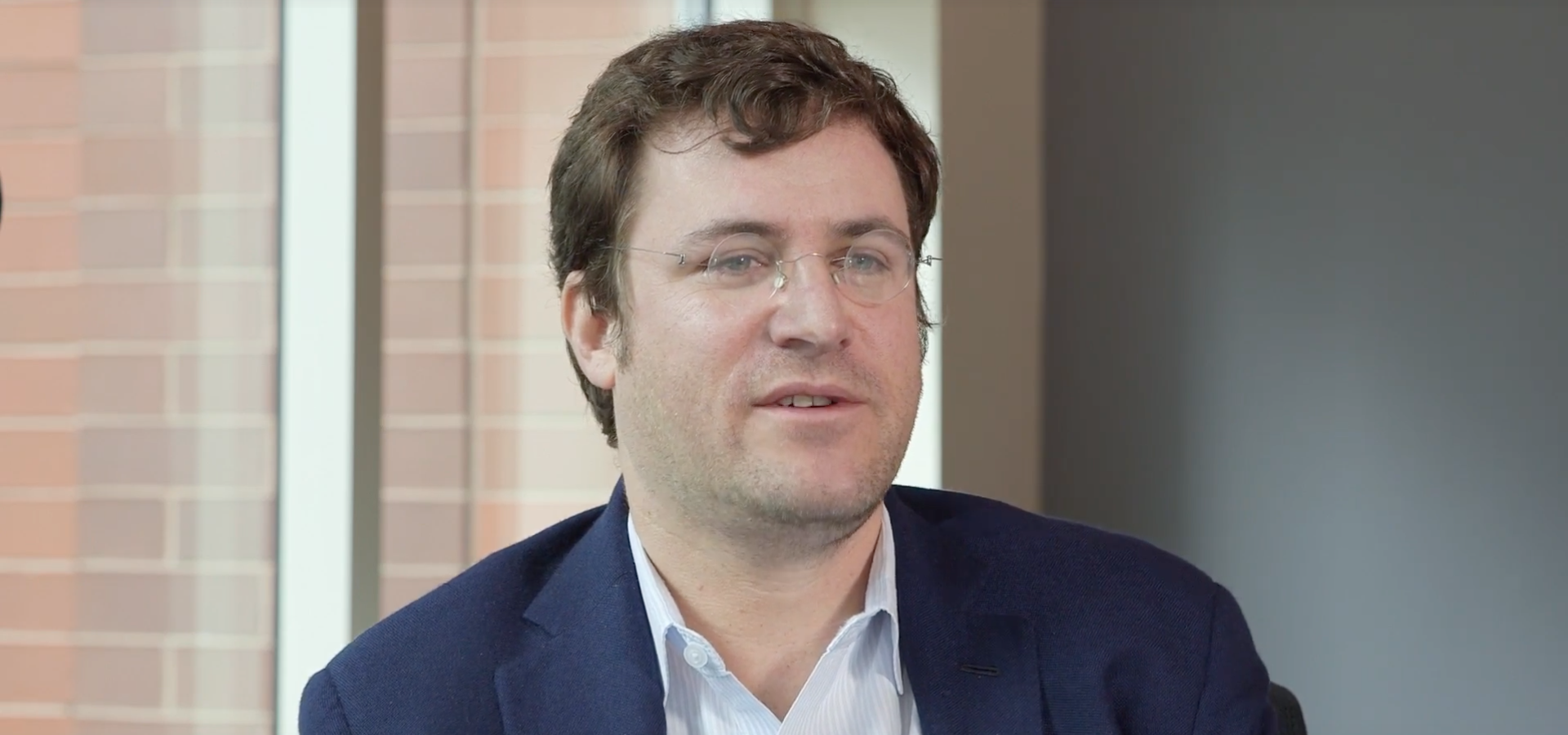CHICAGO — The tech company behind the TruYou facial recognition software that helps online resellers verify their identity can't use an arbitration agreement in OfferUp's user agreement's to beat a class action lawsuit brought under Illinois' biometrics privacy law, a federal appeals panel has ruled.
Fredy Sosa, a member of online resale marketplace OfferUp, sued Onfido Inc., alleging Onfido violated the Illinois Biometric Information Privacy Act when verifying the identities of OfferUp users with its TruYou feature.
In January, U.S. District Judge Marvin Aspen denied Onfido’s attempt to stay Sosa’s complaint and compel individual arbitration. Onfido relied on a clause in OfferUp’s service contract and privacy policy, but Sosa successfully argued Onfido isn’t a party to the agreement between OfferUp and its users. Aspen said Sosa rooted his position in Illinois law, while Onfido invoked a Washington state law. The judge determined Illinois law should prevail.
Onfido then filed an interlocutory appeal with the U.S. Seventh Circuit Court of Appeals. Judge Thomas Kirsch wrote the panel’s opinion, issued Aug. 11; Judges Michael Kanne and Michael Scudder concurred.
According to Kirsch, the merits of Sosa’s underlying BIPA claim were not at issue on appeal, only whether Aspen was right to apply Illinois law and, if so, his decision on Onfido’s three different theories for why it should be allowed to enforce the service agreement: that it is a third-party beneficiary, that it has an agency relationship with OfferUp and grounds of equitable estoppel.
“Onfido made no attempt to articulate any difference between Illinois and Washington law before the district court — much less an outcome determinative one,” Kirsch wrote. “Onfido merely cited the theories’ elements under both Illinois and Washington law, noted that the states’ standards applied ‘similarly,’ and claimed that it prevailed under both states’ laws.”
The panel also rejected Onfido’s position that Illinois courts must respect a contract’s choice-of-law clause because as a nonparty, Onfido isn’t entitled to enforce such a provision. Rather, Kirsch explained, “Illinois courts have recognized time and time again” that judges only need to defer to another state if doing so would affect the outcome.
Turning to Onfido’s theories for its right to compel arbitration, the panel again agreed Judge Aspen properly denied the motion to stay Sosa’s complaint. It said nothing in the contract language indicates it was “intended for the direct benefit of Onfido,” despite its reference to the TruYou feature.
“Even if we accept that Onfido ultimately incidentally incurred a benefit from the contract’s TruYou provision, that is not sufficient to demonstrate that Onfido qualifies as a third-party beneficiary under Illinois law,” Kirsch wrote. Further, though there is a limited liability provision for OfferUp and its providers, affiliates and licensors, Onfido doesn’t meet any of those definitions.
The panel likewise rejected Onfido’s argument it established itself as an agent of OfferUp because there is “no evidence to support that OfferUp exercised control over its activities, or that Onfido could affect legal relationships on OfferUp’s behalf,” Kirsch wrote. “That OfferUp encouraged users to register their identities with the app’s TruYou feature and that Onfido and OfferUp partnered to provide this technology through the app establishes nothing more than a business relationship between the parties — not agency.”
Finally, Kirsch wrote, Onfido’s equitable estoppel theory also failed, as the panel found “Onfido identified no representation that Sosa made to Onfido under the Terms of Service, or otherwise, to induce Onfido to rely on the contract’s arbitration provision.” Onfido wanted the panel to apply a common law standard, which no Illinois court has ever applied and without “compelling reason to support its position that the Illinois Supreme Court would adopt a different standard in the arbitration context.”
Sosa and the plaintiffs class is represented by attorneys with the firm of Edelson P.C., of Chicago.
Onfido is represented by attorneys with the firm of Baker & Hostetler, of Chicago, Orlando and Denver.
